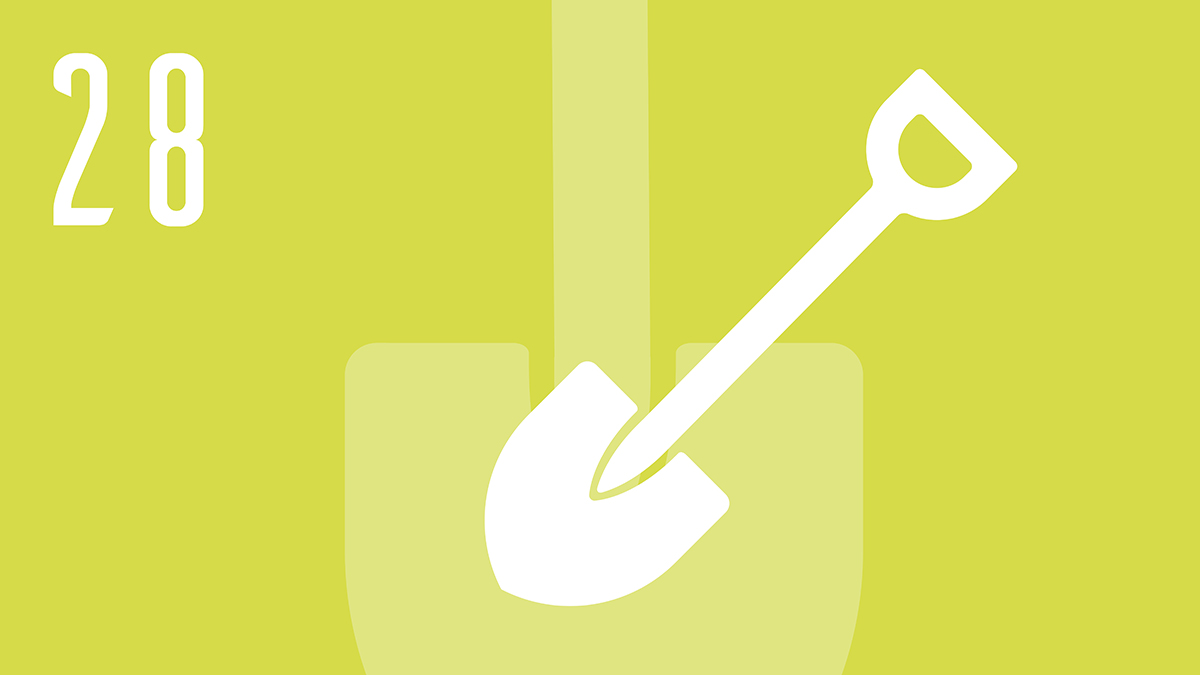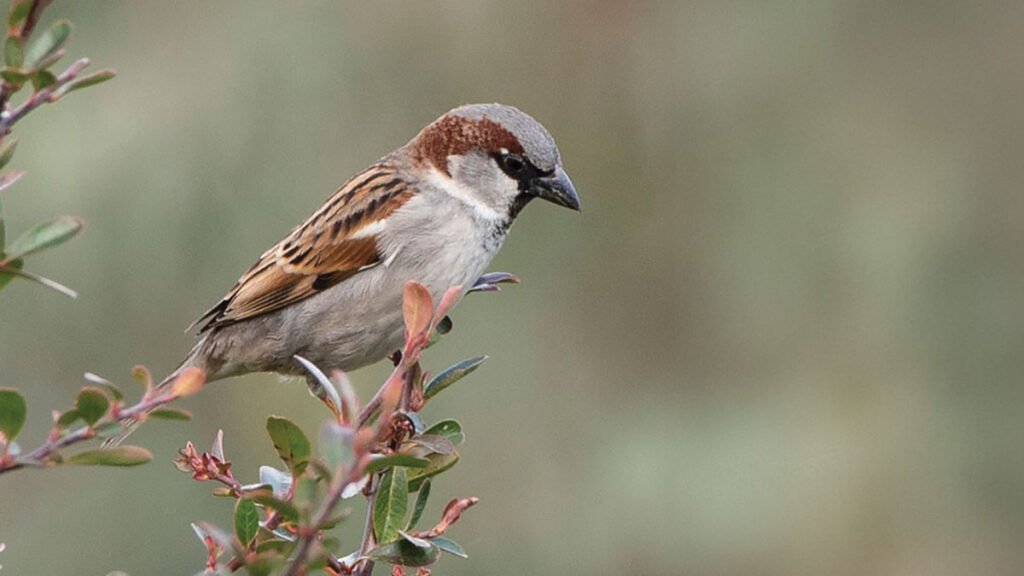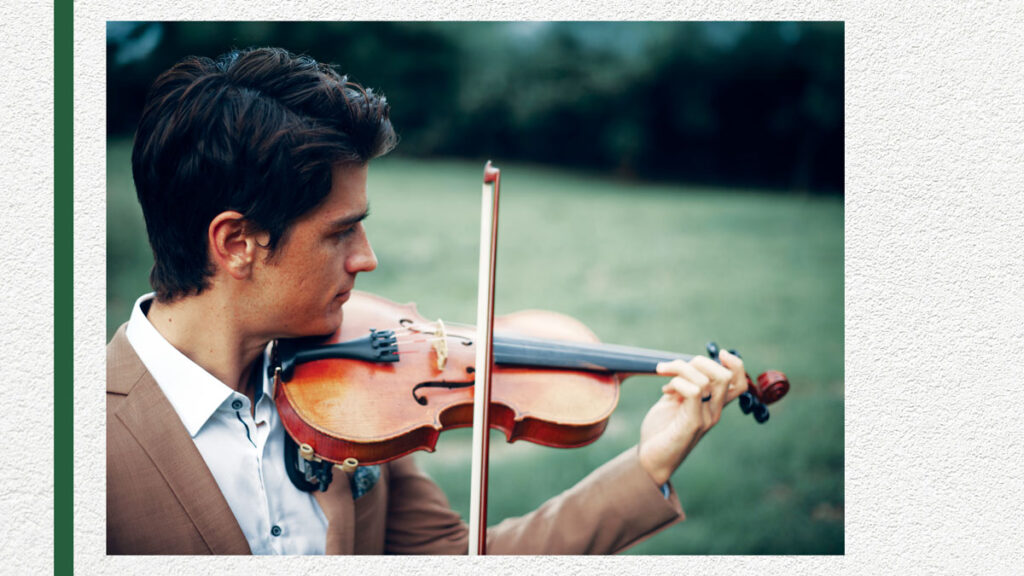Stewardship
We are God’s stewards, entrusted by Him with time and opportunities, abilities and possessions, and the blessings of the earth and its resources. We are responsible to Him for their proper use. We acknowledge God’s ownership by faithful service to Him and our fellow human beings, and by returning tithe and giving offerings for the proclamation of His gospel and the support and growth of His church. Stewardship is a privilege given to us by God for nurture in love and the victory over selfishness and covetousness. Stewards rejoice in the blessings that come to others as a result of their faithfulness. (Gen 1:26-28; 2:15; 1 Chron 29:14; Haggai 1:3-11; Mal 3:8-12; Matt 23:23; Rom 15:26, 27; 1 Cor 9:9-14; 2 Cor 8:1-15; 9:7)
It was the golden hour on a cool spring evening in Canberra when I first stepped into Rosa’s little oasis on the edge of the CBD. The immaculate garden was bursting with colourful flowers and a vibrant variety of plants. Rosa told me that when they had purchased the house a year earlier, the garden was totally overrun by weeds and long grass. I was surprised.
Rosa is an extraordinary gardener. She is also a steward—an honest guardian of the many plants and flowers she has been given responsibility for.
Rosa’s garden is a tangible expression of her love and careful responsibility for nature.
What’s in your garden?
How often do you stop to think about what God has blessed you with and given you responsibility for? My “garden” is definitely not bare. But I must admit, sometimes I’m tempted to focus on what is missing from my garden, and struggle to be a content and cheerful giver in every season and situation as Paul encouraged (2 Corinthians 9:6,7 and Philippians 4:12).
To stop me from falling into the discontentment and comparison trap, I’ve found it helpful to contemplate all the blessings (temporal and spiritual) and other gifts God has given me responsibility for—to cherish, protect, manage and nurture, daily. He has entrusted me with life and love, family and friends, time and opportunities, abilities and possessions, the blessings of the earth and its resources, and the assurance of salvation.
Jesus’ sage advice in Luke 6:38 also helps counter any discontent: “Give, and it will be given to you. A good measure, pressed down, shaken together and running over . . .”
In 2 Corinthians 8:2,3, Paul affirms the Macedonian churches for their generosity. Despite their hardships, they experienced deep contentment in Christ, which I believe undergirded a spirit of benevolence and generosity, giving “as much as they were able, and even beyond their ability”.
Radical stewardship
Stewardship is where the rubber hits the road. It’s a matter of the heart. Imagine the radical kingdom impact we would see today if all Jesus’ followers did what the Macedonians did: “They even asked and begged us to have the joy of giving their money for God’s people . . . They gave themselves first to the Lord and then to us, just as God wanted them to do” (2 Corinthians 8:4,5).
Imagine if we, as stewards, developed habits of spending our God-given time and resources wisely. Unrestrained, God-directed generosity. Just as God requires.
Which sometimes presents me with a practical dilemma. How do I best manage and prioritise (steward) the responsibilities I have? Are some more important than others? Does God really mind if I give my tithes and offerings or not? Yes He does! He wants His treasury to be full so His work can be extended and we can learn to gain victory over selfishness and covetousness. While there are many ways to use our gardens to serve God, I’ve learned that I’m more blessed by giving 10 per cent and living His way, than withholding 10 per cent and living 100 per cent my way.
But Jesus warns us in Matthew 23:23 not to be so concerned with “doing” stewardship that we “neglect the more important matters of the law—justice, mercy and faithfulness”. So while I invest my spare time fulfilling my role at church, maybe He is warning me to stop and ask the single lady with the expensive car how her spiritual life is, or to be more responsible for waste that is contributing to environmental degradation.
The “least of these”
A popular and beautiful passage about stewardship is Malachi 3:10 (Bring the entire 10 per cent into the storehouse . . . then I will open the windows of heaven). But while tithing is an important expression of faith and obedience, I have come to understand that as a steward, my treatment of the “least of these” is perhaps even more significant.
In Matthew 25:32,33 Jesus said that, when judgement day comes and the sheep are separated from the goats, He will say to the sheep “come . . . for when I was thirsty you gave me something to drink . . . in as much as you did to the least of these you did to me.” When Jesus says this, He is teaching us an important lesson about stewardship. Jesus was passionate about people. He’s the ultimate steward of people.
Instead of picturing the “least of these“ as helpless children and the powerless poor in developing countries—as is often portrayed in charity ads: stripping people of agency and dignity and soliciting our distant empathy and donations but little more—I have a new picture of those who Jesus may be describing.
If He were here today I can imagine Him saying something like this: “When I (a new convert) was thirsty (for friends) you filled my cup with love and acceptance. When I (a refugee family) was hungry (for knowledge and support about health and wellbeing), you spent time with me, guiding my family to wholistic health. When I was a stranger (an ex-prostitute) you accepted me as I was.”
Often, we wonder where they are but “the least of these” are all around us. They could be the first-time mum without any family nearby; the university graduate who has just moved to town to start a new job; a church member who has experienced a relationship breakdown. Especially the children: precious gifts given to parents to steward, love, protect and nurture. I can only imagine how the rates of child abuse, malnutrition and neglect would be reduced if children were all seen and treated as precious gifts from God.
In our unique gardens, God has given us responsibility for more people than we realise. Am I a faithful steward of His children? Do I see them as “gifts”? Do I see my own life as a gift?
Stewarding ourselves
Sometimes I struggle to see myself through God’s eyes. But as I’ve been beautifully reminded, “God entrusts us with responsibility for ourselves . . .” I am also one of the “least of these” whom Jesus is telling me to care for! Doing things that strengthen our spiritual, physical, mental or social health is also a form of faithful stewardship.
There is power and truth in the lyrics of the hymn, Fill my cup, Lord. I’m encouraged each morning knowing God is waiting to fill my cup so it can overflow to those around me. I believe He asks me to spend the day emptying my cup—by doing justice, loving mercy and walking humbly with Him—so He can demonstrate daily His ability to bless others though my garden.
The Master gardener
Imagine if every Christian was an honest steward, not only with tithes and offerings but with all of God’s blessings.
Without the indwelling of the Holy Spirit, and Jesus’ example of ultimate stewardship, my life as a steward would be empty and my gifts would be meaningless. That’s why I have been challenged to daily come to Jesus to be refilled, allowing Him to guide me as I grow my garden and redistribute my God-given gifts.
As I spend more time in God’s garden, allowing Him to cultivate the Fruit of the Spirit in my heart, I hope my security will be rooted even deeper in His love, so I can more generously use my time, talents, treasures and temple to bring glory to Him.
After all, “The earth is the Lord’s and everything in it, the world, and all who dwell in it” Psalm 24:1 (NIV).

Sonja Kama is program officer for CARE Australia, Canberra.






